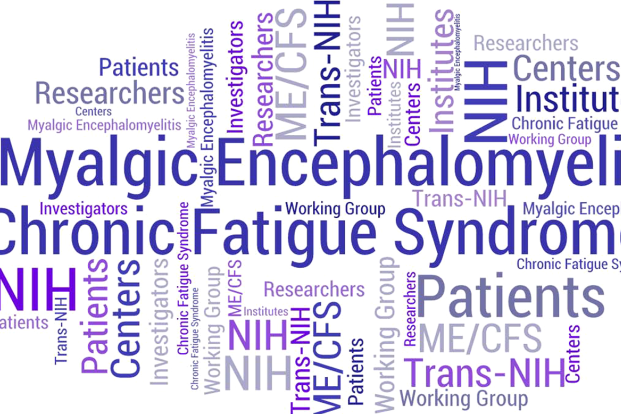Chronic fatigue: Don’t Ignore If You Have Body Ache and Impaired Memory
Apr 19, 2022
With the rise in stress level compounded by a lifestyle devoid of adequate physical activity, the incidents of fatigue and low energy level are on rise. This condition is clinically described as Chronic Fatigue Syndrome (CFS), also known as Myalgic Encephalomyelitis (ME), where a patient goes though a continuous body ache, lack of energy despite taking sufficient rest and long-lasting physical stress for over six months.

It has been observed that the disorder may affect anyone, irrespective of their age and sex, but it’s more rampant in middle-aged women as compared to the men. Nearly a quarter of women in India complain of feeling weak or tired, with more than half of them had these problems for more than six months. Doctors are yet to find the actual causes behind it, however some theories suggest that it could be due to the psychological stress, viral infection or a combination of many other factors. There’s currently no cure, but early diagnosis can relieve symptoms.
Here’s what you need to know about CFS, including symptoms, treatment options, and outlook:
What leads to CFS?
People who have been suffering from this syndrome appear to be hypersensitive to any exercise or activity. Though the causes are still unknown, it has been assumed that some people may be born with the tendency for the disorder which gets triggered by a combination of factors. The possible triggers include:
Viral infections: Epstein-Barr virus, human herpes virus 6 and mouse leukemia viruses are the probable causes, however, no conclusive link has yet been found.
Impaired Immune system: The immune systems of people who have chronic fatigue syndrome get slightly problematic.
Hormonal imbalances: People suffering from chronic fatigue syndrome undergo abnormal blood levels of hormones produced in the hypothalamus, pituitary glands or adrenal glands.
Some of the prominent physical symptoms being:
- Irritable bowel, abdominal pain, nausea, diarrhea or bloating
- Chills and night sweats
- Chest pain
- Shortness of breath
- Chronic cough
- Visual disturbances (blurring, sensitivity to light, eye pain or dry eyes)
- Allergies or sensitivities to foods, alcohol, odors, chemicals, medications or noise
- Psychological problems (depression, irritability, mood swings, anxiety, panic attacks)
When to visit a doctor
Don’t get intimidated if you are undergoing fatigue or tiredness. Fatigue can be a common symptom of many illnesses including infections or psychological disorders. There are no medical tests to screen for CFS. Its symptoms are similar to many other conditions. There is no change in the physical appearance as many people with CFS don’t look lethargic. So, it gets difficult for doctors to recognize the patient suffering from CFS. In general, visit a doctor if you have persistent or excessive fatigue.
Lifestyle change, the need of the hour
Since there is no specific medication for CFS, one needs to make some amendments in their day-to-day activities. Limiting or elimination one’s caffeine intake falls first in the list. Even one should avoid the intake of alcohol or nicotine. No matter how lethargic you feel, try not to take nap in the day time as it may disrupt your goodnight sleep. If you’re still not getting restful night’s sleep, your doctor may suggest a sleep aid. Pain-reducing medication can also help you cope with aches and joint pain caused by CFS but it will have to be tailored for your needs. You have to work closely with your doctor.
Switch to yoga
Yoga, acupuncture, tai chi (Chinese martial art ) and massage may give some relieve from the pain associated with CFS. But before following any of the above-mention alternative methods , always consult your doctor.
What can be expected if it’s not treated?
If CFS is ignored for a longer period of time, it may lead to death. However, the age of death is significantly younger and the common causes of death are heart failure, suicide and cancer.









